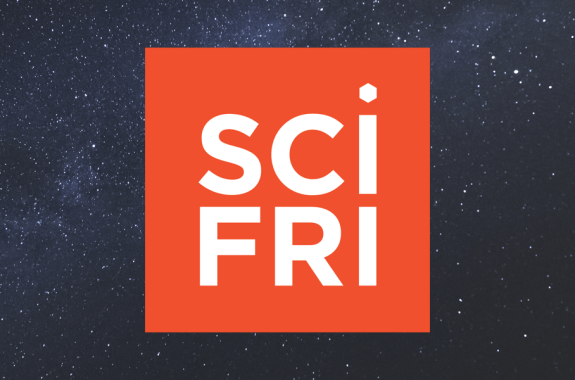February 11, 2022
Meet drag performers, like Pattie Gonia and Kyne, who use social media to bring science communication to a wider audience. Plus, exploring two new COVID-19 drug treatments. And how grief rewires your brain.
February 4, 2022
Despite advances in non-invasive imaging, brain donations are still the gold standard in neuroscience research. Plus, companies pledge to stop making hard-to-recycle materials. And what makes something sticky or slippery?
January 28, 2022
A regulation loophole allows pop-up COVID testing sites to proliferate with little regulation and oversight. Plus, the Webb telescope arrives at its destination after a month-long journey. And, what is cannabis’ connection with exercise?
January 21, 2022
A large study of military members suggests Epstein-Barr virus triggers MS. Plus, an innovative farming method combines solar power, plants, and water for a more sustainable farming system. And why pigeons are more than just rats with wings.
January 14, 2022
A record number of children are in the hospital with COVID-19. Two pediatric specialists explain why. Plus, the contentious origin of the Big Bang theory. And scientists discover massive amounts of the unusual icefish.
January 7, 2022
Everything you need to know about tests, revised quarantine guidelines, and forthcoming vaccines in the face of the Omicron variant. Plus, as the 122nd Christmas Bird Count wraps up, what can the data tell us about the future of bird species? And, a look at pizza science.
December 31, 2021
We talk our favorite science books of 2021. Plus, chemists have developed a new way to make eco-friendly glitter from plant fibers. And Francis Collins joins Ira to talk about his long tenure as director of the NIH, as well as how his Christian faith has informed his career in science.
December 24, 2021
A disaster-ologist and a movie curator discuss the role that disaster movies play in understanding the biggest challenges facing humanity. Plus, some tips on adding math to your holiday merriment. And how the physics of plasma, particles, and the Earth’s magnetic field combine in dazzling displays of aurora.
December 17, 2021
The next-generation James Webb space telescope—over 20 years in the making—could finally launch next week. Plus, in historically Black Protestant churches, regular attendees are much more likely to be vaccinated than those who come infrequently. And how to capture your favorite seasonal scents.
December 10, 2021
We look back at the year in space exploration. Plus, as the Colorado River Basin dries up, Indigenous communities want to make sure they have a seat at the water-distributing table. And Michael Pollan on the mind-altering powers of plants.
